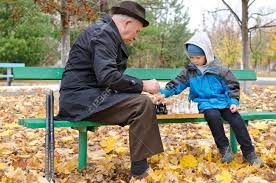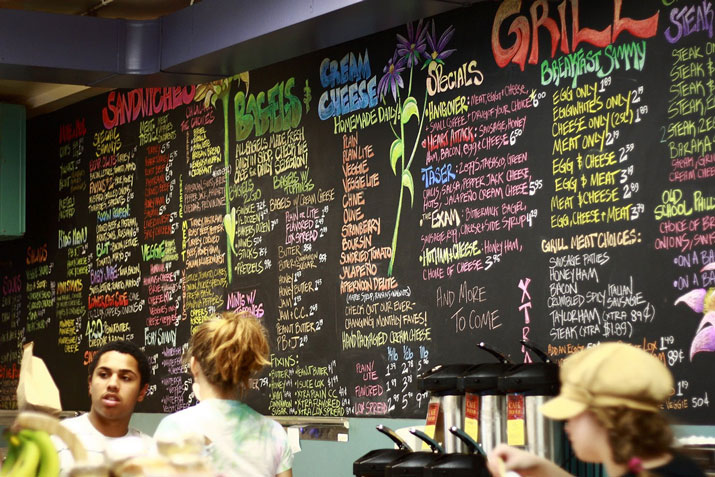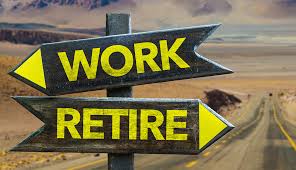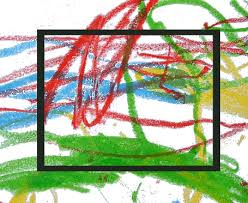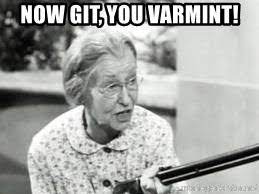My wife and I are in the midst of eldercare. Her mother is nearing 95 and needs attention. She is partially blind (can’t read print or signs, sees shadows and outlines). We are working with community services to build her a life worth preserving while sheltering her in our own home. We are not noble, just practical. We want what we think is best for her. We feel she has deserved a respectful conclusion after a life of care to others.
I placed my own elderly mother in a nursing care facility almost a decade ago. My sister and I concluded that we couldn’t meet her special needs. She was an elder who was difficult to serve. Of the three locations where she received government old age long term care, the last publicly funded centre was up to the task. She had five good years in a former hospital in British Columbia before she died of natural causes. After her death I was shocked to discover that a Nursing Home in Pickering, where she had previously been in residence, was discovered to have the most Covid deaths within Ontario.
Many cultures honour their seniors. The culture of caring for elders seems like a distant tradition for white folk. We tend to stick them somewhere and invite them over for holidays; but only if they promise to behave. Wealthy elders can afford nursing care in higher end Retirement Homes. Many may be supported, like my mother was, within a patchy arrangement of government funding. Often these old folks homes are dependent on staffing. The inequities between standards of eldercare surfaced with the recent pandemic. In Canada we have a federal Minister of State for Seniors but the office appears to have minimal influence.
Elders are people first so they can be cranky or angelic in spurts. I’ve known many people older than me, whom I have loved to think of as my friends. I’m growing old now too and can better appreciate the toll longevity can take on a person’s physical and emotional well being. I don’t like to feel pushed into believing that 70 is the new 50. That puts pressure on me to live up to a standard. Like most spirited elders I feel 17 and always will enjoy sensing that I am young at heart. I’m not turning into a fossil or becoming an old fogey in attitude. On my best days, I’d like to believe that I am eldering: growing old with grace.
My wife’s mother appears happy to be in our company. She jokes how it is better than being turned out to pasture or left to float away on an ice floe. Our village on Vancouver Island has a community centre for the elderly called ‘New Horizons’. I like the encouraging sound of that, since I rebel at the thought I might be at the end of things. We old folk continue to need opportunities for stimulation, restoration, even growth. I’ve a lot to learn & my special mom has a lot of wisdom still to give.
